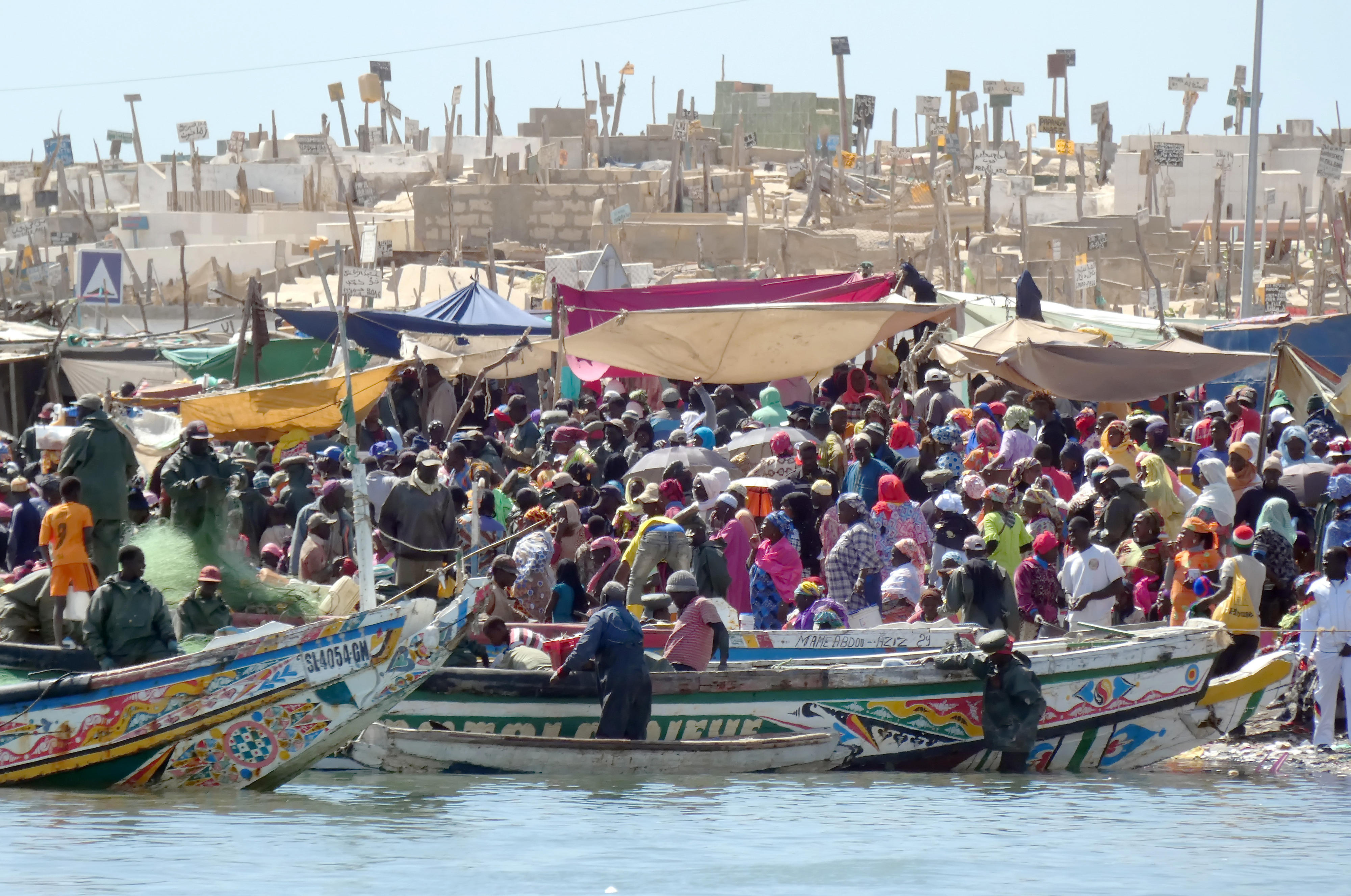Political situation Change of leadership
A large number of international monitors were present during the presidential election. They stated that the voting had been free, fair, peaceful and well organised.
During his election campaign, Diomaye Faye had promised “system change”. He said that he wanted to tackle corruption and poor governance and distribute the revenue from the country's vast extractive resources more equitably.
His predecessor had launched an extensive programme for the country's economic and social development in the period up to 2035 (Plan Sénégal Emergent). Its key political goals were economic stability, lower unemployment, a stronger private sector, and infrastructure development.
Human rights organisations criticised Macky Sall's government for imposing increasing restrictions on the freedom of speech, information, assembly and press, and accused it of arbitrarily arresting and detaining opposition representatives and journalists.
Internal political tensions
In the past few years, Senegal has repeatedly experienced violent protests that left a number of people dead and injured. The unrest was triggered by several court proceedings against opposition leader Ousmane Sonko. He had been considered the most likely candidate to win the 2024 presidential elections. However, after being convicted of “corrupting youth” in June 2023, he was barred from running for president. In July 2023, Sonko was again arrested, on charges of, among other things, calling for insurrection and conspiring against the state. His party was dissolved.
At the beginning of February 2024, a domestic crisis and new massive protesting broke out when Sall announced that the presidential election, which had been scheduled for 25 February, would be postponed to the end of the year. However, the Constitutional Council declared the delay unlawful.
Sonko's close ally Diomaye Faye ran as an independent candidate and won an absolute majority in the first round of the election on 24 March. Immediately after assuming office on 2 April, he appointed Ousmane Sonko prime minister. Both had been released from prison just before the election as part of a general amnesty for political prisoners.
Casamance conflict
Senegal is divided by Gambia into a northern part and a smaller southern part. In the southern region, Casamance, political and economic isolation has led to the emergence of an independence movement. Violent conflict lasted three decades. Then a ceasefire was agreed in 2012. However, military operations continued to take place in the region.
The then government under President Sall held negotiations with the rival separatist groups. In mid-2022, a first peace agreement was concluded. The hopes of the people for lasting peace now rest upon the new government, which enjoys strong political support in the region. Prime Minister Sonko grew up in Casamance and was elected mayor of Ziguinchor, a regional capital, in 2022.
Foreign policy
In the past few years, Senegal has played an active, stabilising role in terms of its foreign policy, both within the Economic Community of West African States (ECOWAS) and within the African Union and the United Nations. Senegal has acted as a mediator in regional conflicts and is an important provider of troops for UN peace missions.
President Faye and Prime Minister Sonko are pursuing a pan-African course and have announced that they will reassess the country's relations with the West, especially with its former colonial power, France. It remains to be seen whether, and how, the change of leadership will impact on the relations of Senegal with Germany and the European Union.
As at: 28/05/2024
